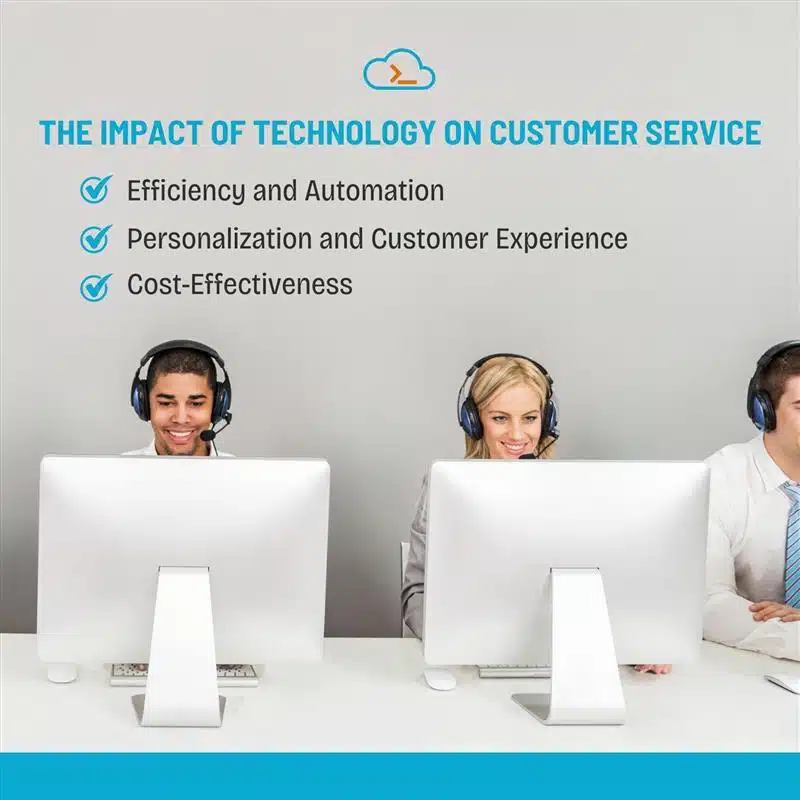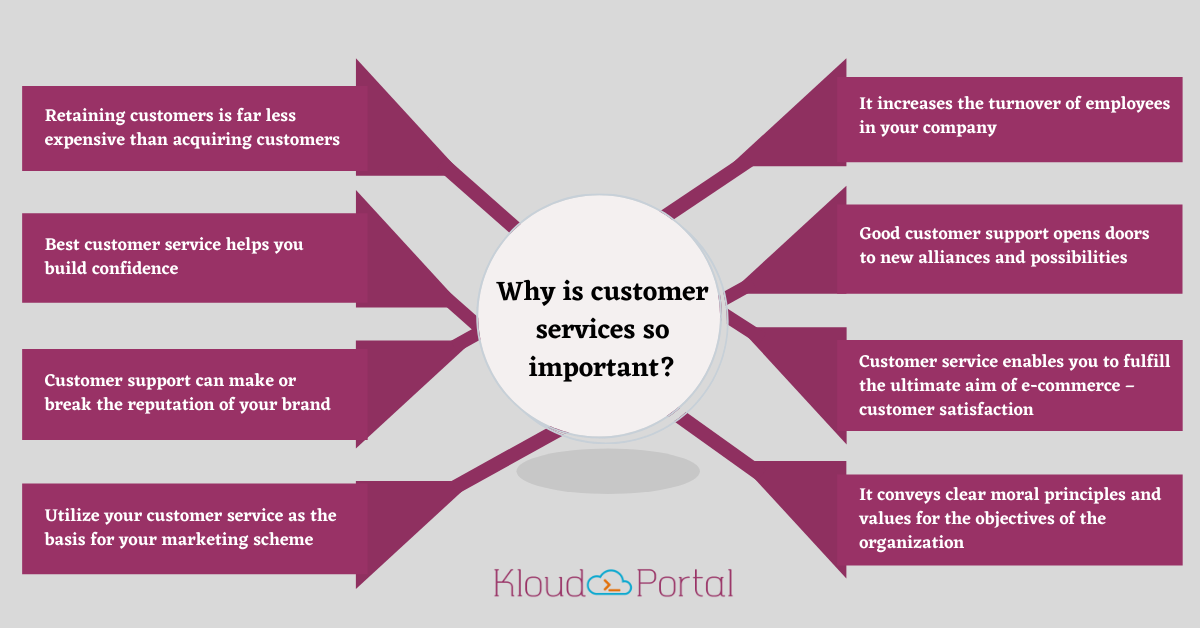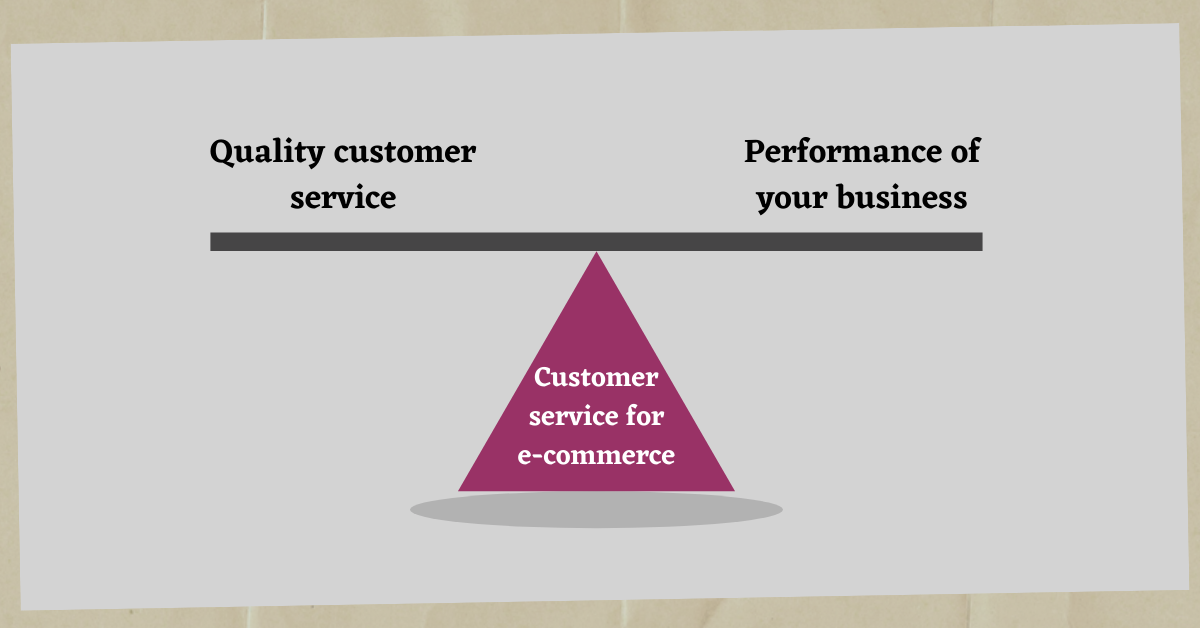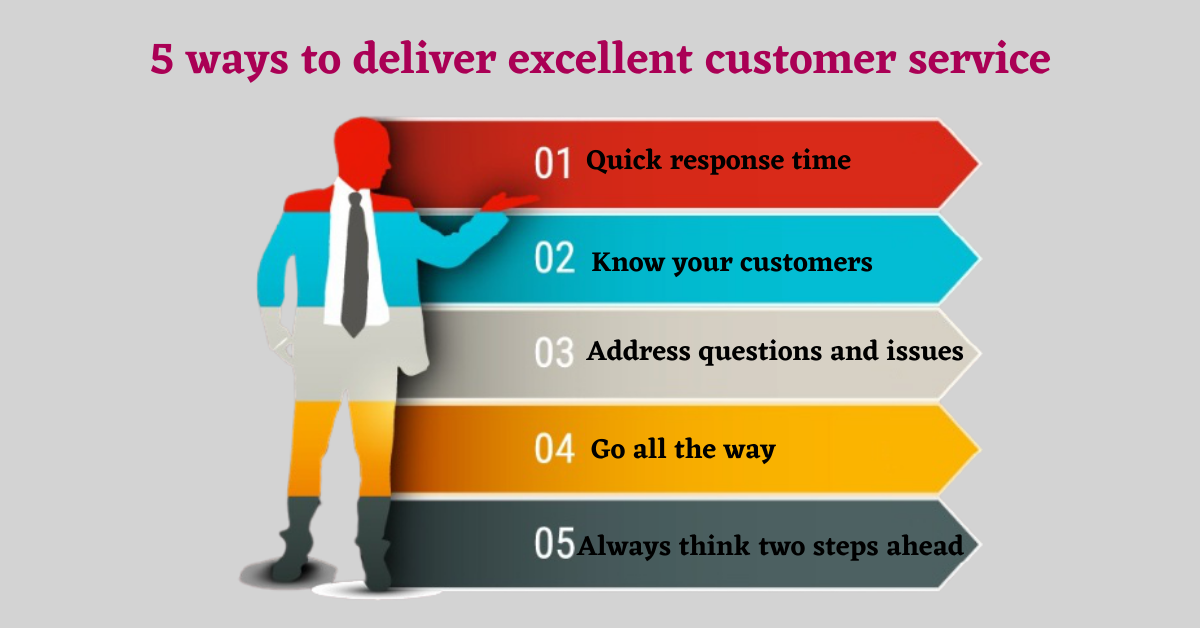
Voice Assistance Technology In Customer Support: A New Era Of Personalized Experience
Advanced voice-responsive technology has emerged as a pivotal tool in modern customer support systems, promising significant enhancements in efficiency, customer trafficking, and operational cost savings. By integrating VAT into existing customer support systems and frameworks, businesses can elevate their service capabilities, foresee customer needs, and deliver contextually relevant solutions swiftly and effectively.
Key Takeaways
- Voice Assistant Technology (VAT) enables natural, conversational interactions, improving customer engagement and satisfaction by making support more accessible and personalized.
- Automating repetitive tasks with VAT reduces response times and operational costs, allowing support teams to focus on more complex issues and strategic initiatives.
- Voice Assistant Technology leverages customer data to provide contextually relevant solutions and anticipates customer needs, fostering deeper relationships and trust.
Revolutionizing Customer Interactions
Imagine a world where customers can give voice commands to get the help they need. Voice bots, fueled by natural language processing (NLP) and machine learning (ML), are making this a reality. These intelligent helpers can understand natural language just like humans, eliminating the need for customers to decipher complex menus or cryptic error messages. With simple voice commands and voice bots, customers can ask questions, make requests, and receive solutions – all through a natural, conversational interface. This intuitive approach removes the friction from traditional customer support systems, making it easier and faster for customers to get the assistance they deserve.
Finding the Best Digital Marketing Agency involves thorough research into their customer history, track record, and client testimonials. It’s crucial to ensure they offer tailored strategies that align with your business goals for optimal online presence and growth.
Unlocking The Power Of Customer Data
Voice assistants go beyond mere interaction. They leverage the power of customer data to personalize the support experience. By seamlessly integrating with existing CRM systems, voice AI gains access to a customer’s past interactions, preferences, and purchase history. This treasure trove of relevant data empowers them to tailor responses, provide contextually relevant solutions, and even anticipate customer needs before they arise. Imagine a customer contacting support about a technical issue. The voice bots, armed with the customer’s device history, can access past troubleshooting attempts, address concerns, and suggest solutions specific to the problem at hand. This personalized approach fosters deeper customer relationships and builds trust, leaving customers feeling valued and understood.
Traditionally, customer support relied heavily on human intervention, often resulting in limitations in scalability and consistency. With the advent of VAT, powered by advanced voice recognition tech and AI-driven voice bots, businesses can now automate routine tasks, provide instant responses to customer queries, and achieve substantial improvements in operational efficiency.
Elevating Customer Engagement
Voice Assistance Technology injects a dose of natural engagement into customer experiences. Conversational interactions with a voice AI feel less like talking to a machine and more like interacting with a helpful representative. This personalized and engaging approach can significantly increase customer experience and loyalty. Moreover, voice bots are always available 24/7, eliminating the frustration of wait times and limited operating hours. Customers can get the help they need whenever it’s convenient for them, fostering a sense of empowerment and control over their customer experience.
Voice recognition technology lies at the core of VAT, enabling businesses to interact seamlessly with customers through voice interactions and understand customer queries in natural language. ML algorithms enhance VAT’s capabilities over time by learning from customer interactions, thereby improving accuracy and responsiveness. Together, these technologies empower businesses to offer personalized consumer experiences tailored to individual preferences and histories.
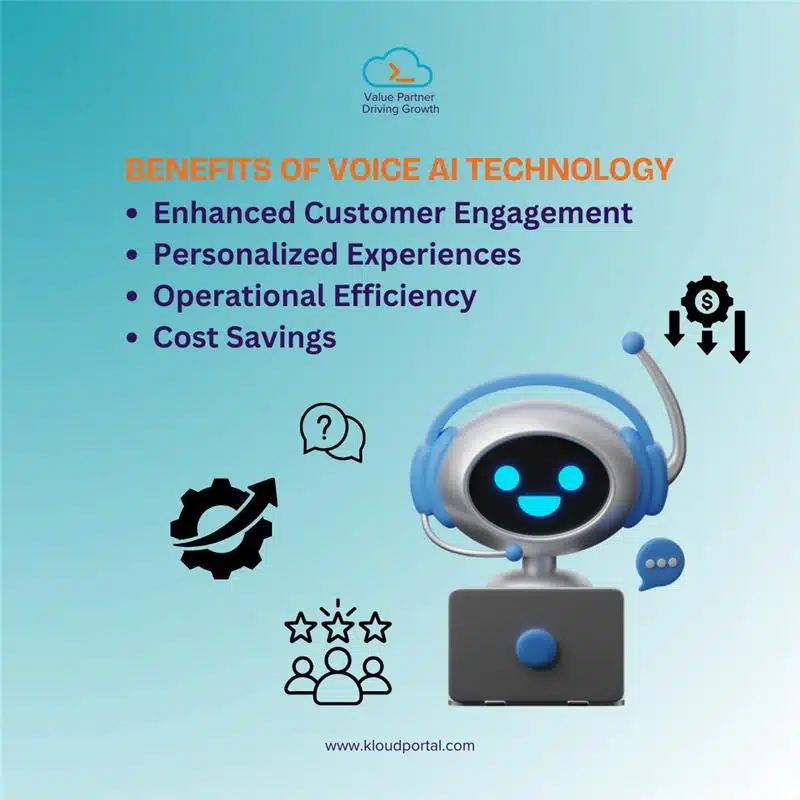
Benefits Of Voice AI Technology
Implementing Voice Assistance Technologies offers numerous benefits to businesses aiming to get customer feedback and elevate their customer support capabilities:
- Enhanced Customer Engagement: VAT enables natural and conversational interactions, fostering deeper connections and understanding between businesses and customers.
- Operational Efficiency: Automation of repetitive tasks reduces response times and operational costs, allowing support teams to focus on complex issues and strategic initiatives.
- Cost Savings: Through efficient resource allocation and error reduction, VAT results in significant cost savings within customer support operations.
- Personalized Experiences: AI-driven insights enable businesses to personalize interactions based on customer preferences, histories, and real-time context.
Challenges And Considerations
While VAT offers transformative benefits, its implementation requires careful consideration of several factors:
- Technical Integration: Guaranteeing seamless integration with existing systems and infrastructure.
- Data Privacy: Safeguarding consumer data and complying with data protection regulations.
- User Acceptance: Educating customers about VAT capabilities and addressing concerns about privacy and security.
- Continuous Improvement: Consistent updates and maintenance to align with changing customer expectations and technological advances.
The Role Of AI In Personalization
The voice AI system is not mere parrots repeating pre-programmed responses. They are powered by advanced voice technology, including voice recognition and natural language understanding (NLU). These AI capabilities empower voice AI to comprehend the context and intent of a customer’s query. This allows them to go beyond keyword matching and provide more accurate and helpful responses. As AI continues to evolve, voice bots will become even more sophisticated, offering customers a truly personalized experience that feels as natural as talking to a friend.
AI is crucial in shaping personalized customer experiences through voice automation technology (VAT). By analyzing extensive consumer data, AI algorithms can predict customer behavior, anticipate needs, and recommend relevant products or services. This proactive strategy not only improves customer satisfaction but also fortifies customer relations by providing timely and valuable insights derived from pertinent data.
For businesses in Hyderabad, choosing a digital marketing agency ensures localized technical expertise and an understanding of the regional market dynamics. These agencies leverage their knowledge to craft effective digital strategies tailored to meet local business needs and objectives.
Future Challenges And Strategic Planning
The successful integration of voice AI systems is not just an upgrade; it’s a strategic leap. By leveraging voice technology, businesses can gain valuable insights into customer behavior and preferences. This data can be utilized to predict customer needs, enhance support services, and devise faster and more effective solutions and marketing strategies. Additionally, voice AI has the potential to redefine communication channels. Searches through Voice bots can become the primary mode of customer interaction, allowing customers to access support seamlessly through their smartphones, smart home devices, and other voice-enabled platforms.
However, navigating this voice-powered future requires careful planning and integration of voice bots with existing systems. Businesses must ensure a smooth transition and avoid customer frustration. Striking a balance between voice control systems and human intervention is crucial. Complex issues and situations requiring empathy and emotional intelligence will still benefit from the human touch.
Conclusion
Voice AI technology is revolutionizing customer support, transforming it from a reactive process into a proactive one. By offering a natural, personalized, and efficient experience, voice AI is empowering businesses to build stronger customer relations, increase satisfaction, and gain a competitive edge. As voice technology advances, the potential to create a seamless and delightful customer experience knows no bounds. The future of customer support lies in a voice-powered oasis where customers can get the help they need, whenever they need it, through a natural and engaging conversation. Embrace the power of voice and create a customer support experience that sets your brand apart.
Frequently Asked Questions
What technologies enable effective voice recognition in customer service?
Advanced voice assistant recognition technologies, supported by AI and NLU capabilities, facilitate accurate understanding and response to customer queries.
What are the benefits of integrating AI with VAT for customer interactions?
AI enhances VAT by analyzing consumer data to predict needs, personalize interactions, and deliver proactive solutions, thereby enhancing the overall customer experience.
How can businesses leverage VAT to gain a competitive edge in customer support?
By leveraging VAT, businesses can differentiate themselves through superior customer service, increased operational efficiency, and deeper customer insights, ultimately driving growth and loyalty.

Rasmita Patro
About The Author…
Meet Rasmita Patro, a content writer, a former teacher, and a former HR with a passion for storytelling, creating compelling content that engages and informs readers. She has a Master’s in Economics and an MBA degree in Human Resources. Her expertise spans a variety of industries, including finance, healthcare, technology, and others. She has a particular inclination toward crafting blog posts, articles, and social media content that resonates with the target audience. She loves reading different genres of books, love to experiment with cooking, and listening to soothing music.



